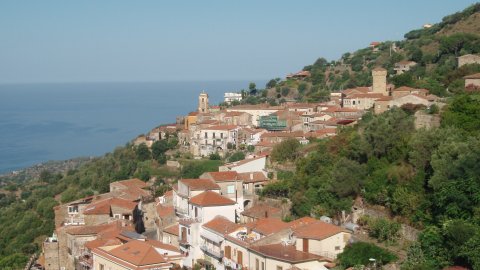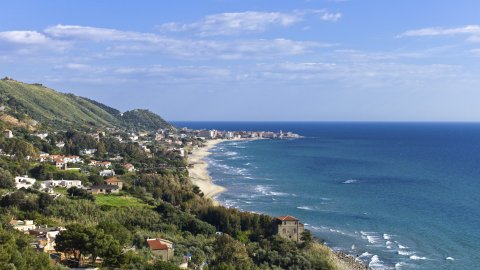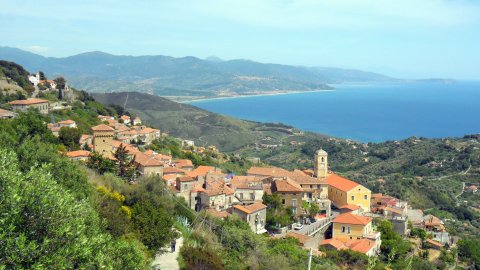14:00
14:00
New challenges in the numerical solution of large-scale inverse problems
Abstract
Inverse problems are ubiquitous in many areas of Science and Engineering and, once discretised, they lead to ill-conditioned linear systems, often of huge dimensions: regularisation consists in replacing the original system by a nearby problem with better numerical properties, in order to find meaningful approximations of its solution. In this talk we will explore the regularisation properties of many iterative methods based on Krylov subspaces. After surveying some basic methods such as CGLS and GMRES, innovative approaches based on flexible variants of CGLS and GMRES will be presented, in order to efficiently enforce nonnegativity and sparsity into the solution.
14:30
Stretching and deformation of thin viscous sheets: glass redraw through a long heater zone
Abstract
Thin glass sheets are used in smartphone, battery and semiconductor technology, and may be manufactured by first producing a relatively thick glass slab (known as a preform) and subsequently redrawing it to a required thickness. Theoretically, if the sheet is redrawn through an infinitely long heater zone, a product with the same aspect ratio as the preform may be manufactured. However, in reality the effect of surface tension and the restriction to factories of finite size prevent this. In this talk I will present a mathematical model for a viscous sheet undergoing redraw, and use asymptotic analysis in the thin-sheet, low-Reynolds-number limit to investigate how the product shape is affected by process parameters.
Kähler groups and subdirect products of surface groups
Abstract
A Kähler group is a group which can be realised as fundamental group of a compact Kähler manifold. I shall begin by explaining why such groups are not arbitrary and then address Delzant-Gromov's question of which subgroups of direct products of surface groups are Kähler. Work of Bridson, Howie, Miller and Short reduces this to the case of subgroups which are not of type $\mathcal{F}_r$ for some $r$. We will give a new construction producing Kähler groups with exotic finiteness properties by mapping products of closed Riemann surfaces onto an elliptic curve. We will then explain how this construction can be generalised to higher dimensions. This talk is independent of last weeks talk on Kähler groups and all relevant notions will be explained.
On sets of irreducible polynomials closed by composition
Abstract
Let S be a set of monic degree 2 polynomials over a finite field and let C be the compositional semigroup generated by S. In this talk we establish a necessary and sufficient condition for C to be consisting entirely of irreducible polynomials. The condition we deduce depends on the finite data encoded in a certain graph uniquely determined by the generating set S. Using this machinery we are able both to show examples of semigroups of irreducible polynomials generated by two degree 2 polynomials and to give some non-existence results for some of these sets in infinitely many prime fields satisfying certain arithmetic conditions (this is a joint work with A.Ferraguti and R.Schnyder). Time permitting, we will also describe how to use character sum techniques to bound the size of the graph determined by the generating set (this is a joint work with D.R. Heath-Brown).
14:00
PDE-constrained shape optimization with FEM-tailored discretization of diffeomorphisms
14:00




